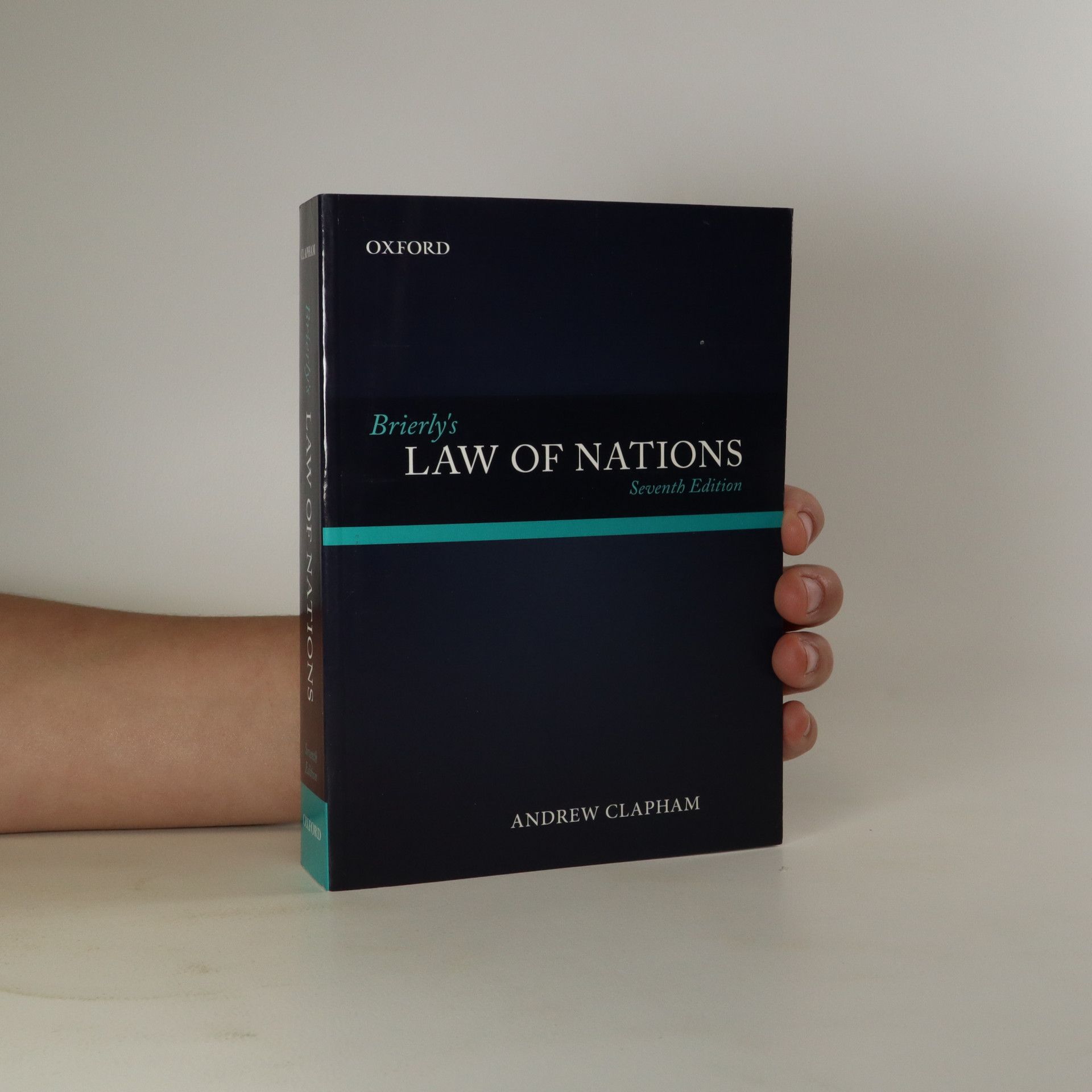War
- 624 pages
- 22 hours of reading
The book offers a clear exploration of modern warfare laws, emphasizing the paradox of states asserting their right to conduct wars despite the legal prohibition against war as an institution. It examines concepts such as self-defense, lawful killings during conflict, and the treatment of detainees under wartime laws, highlighting the ongoing complexities and contradictions in international law surrounding warfare.


